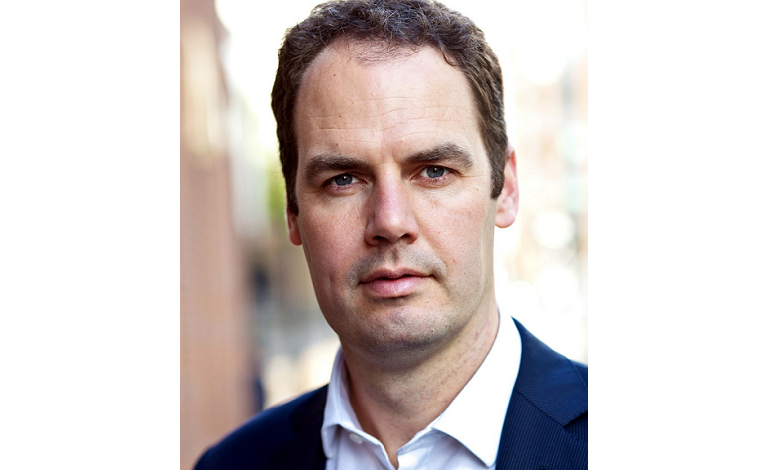With more than 90% of income protection (IP) sales made through advisers it may surprise people to learn that last month the IPTF hosted 40 experts from advisers, networks, comparison websites, insurers and reinsurers in three meetings discussing IP sales without advice.
We wanted to answer some big questions, beginning with whether it is possible and desirable for a product that replaces income in event of illness or injury to be available without advice.
There was near universal agreement that some form of income protection could and should be available to people without an adviser – but the list of recommendations as to what needs to be in a good non-advised product and process were long and varied.
The context for this is increasing awareness of the need to have a plan B in the event of income disruption and growing IP sales through advisers.
Adviser as translator
The majority of people first come to advisers and comparison websites with concerns about unemployment rather than illness, but the links are more easily made now even without an adviser in the conversation.
One thing that became apparent is the perennial challenge of language right from the top level name of the products – no one can pretend the differences between “accident and sickness” and “income protection” are obvious from the titles – all the way through to the language around things like deferred periods.
All agreed that the role of adviser as translator is important today but ought not be the key role if more simple and consistent language was used across different types of insurance products as well as between different insurers.
Challenging conversion rates
The conversion rate on income protection policies compared to life and critical illness policies was discussed.
Many from both sides of the advised and non-advised landscape cited lower conversion as a challenge to any business case to focus on IP.
This could mean individuals today go unprotected as they give up on IP, but also advised and non-advised distributers may stop investing in developing propositions based around IP, given the lower returns.
Ideas were shared that are already commonplace in accident, sickness and unemployment (ASU) and private medical insurance (PMI) approaches to enable a simpler onboarding process, such as pre-existing condition exclusions, moratorium and temporary exclusions, that in different circumstances could help transform the experience here.
There was more discussion around the extent to which different premium structures and approaches to underwriting and product design could help focus on achieving conversion levels equivalent to life and CI.
Product design and benefit certainty
It is hard to do justice to the number of ideas around product design raised, but suffice to say there are lots of people with ideas for how things could progress.
The leap from an IP product with a one-year max payment period and a raft of value added benefits to a PMI product or an ASU product increasingly lies in regulation and reporting, rather than customer benefit.
It seems likely that these lines will continue to blur.
Others urged a need for greater certainty of financial payments at claims stage to be put at the centre of any non-advised proposition, though one could argue this is valid in the advised space too.
Guaranteed benefits or benefits that are more regularly assessed and confirmed were cited as features that could give the certainty needed to ensure that we do not create a group of people who think they have valuable cover only to be disappointed when they really need it.
There is reason for optimism that consumers are more aware than at any other time of the need to protect their income.
Working together and individually we now need to transform that broad awareness into ensuring action is taken.
At the same time, we must urgently ensure that when that action is taken by a consumer they are as likely to get through the onboarding process as they would be for comparable other products.
At the IPTF we are convinced that with the ongoing energy and enthusiasm of the contributors to these sessions, and others who wish to get involved, we can ensure many more people can take control of their futures and protect their incomes.
